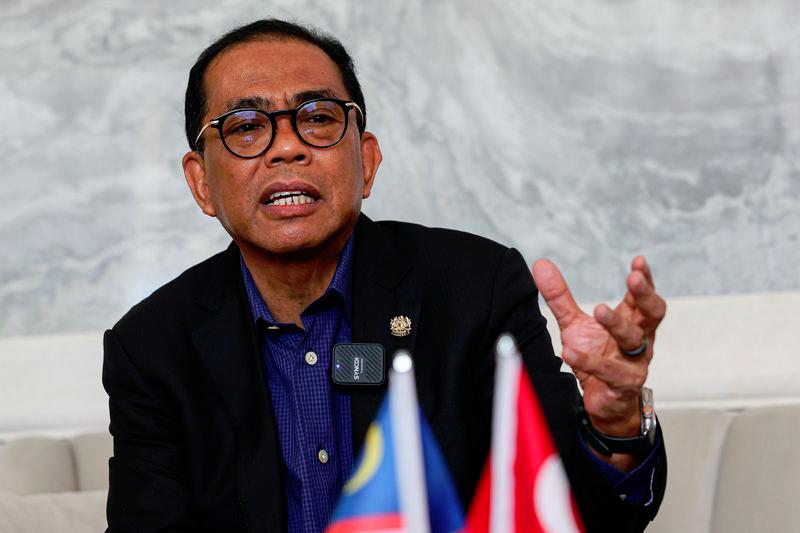KUALA LUMPUR: The National Service Training Programme (PLKN) 3.0 will be implemented in phases starting in June or July next year with a new concept and format, according to Defence Minister Datuk Seri Mohamed Khaled Nordin.
He said PLKN 3.0 is divided into Pre PLKN Phase involving Form Four students which will be implemented in schools during co-curricular activities, and the Basic PLKN Phase involving teenagers aged 17 and above.
Both, the Pre PLKN Phase and the pilot project for the Basic PLKN Phase are expected to be introduced as early as June next year, he said when replying to the original question by Zahari Kechik (PN-Jeli) who asked about the latest status of the re-implementation of the programme during question and answer session in the Dewan Rakyat, today.
Meanwhile, he added that the actual Basic PLKN Phase which applies 30 per cent on the basic modules of nationhood and 70 per cent of military training, is expected to be implemented from April 2026 in 13 Territorial Army camps, 20 public universities and some selected polytechnics nationwide.
“PLKN trainees are also given the opportunity to undergo advanced training (Advanced Training Phase) according to their field of interest. Modules for each training, specifically developed for members of the regular forces, reserve forces and volunteers. The training is intensive, on field and practical,“ he said.
Commenting further, Mohamed Khaled said that for the implementation of the Basic PLKN Phase pilot project, each camp will be limited to one gender only following recommendations on the matter.
“For the Ministry of Defence, we will start a pilot project in two wataniah camps out of the 13 camps we have and it involves the participation of 1,000 participants.
“There is indeed a suggestion not to mix (genders for one camp), so we will limit one camp to one gender only,“ he said.
He replying to a supplementary question by Datuk Mohd Isam Mohd Isa (BN-Tampin) who wanted to know about measures to overcome the issue of sexual harassment in PLKN camps that was reported earlier.
Mohamed Khaled also explained that the basic citizenship module was developed by the Ministry of Higher Education, containing the Identity Element Citizenship Module, the Love of the Nation Element Citizenship Module, and the Unity Element Citizenship Module.
Meanwhile, the Basic Military Module was developed by the Ministry of Defence with the concept of learning through experience and group training and trainees will be trained to practice the culture of military life such as discipline, punctuality, being organised, and independent.









